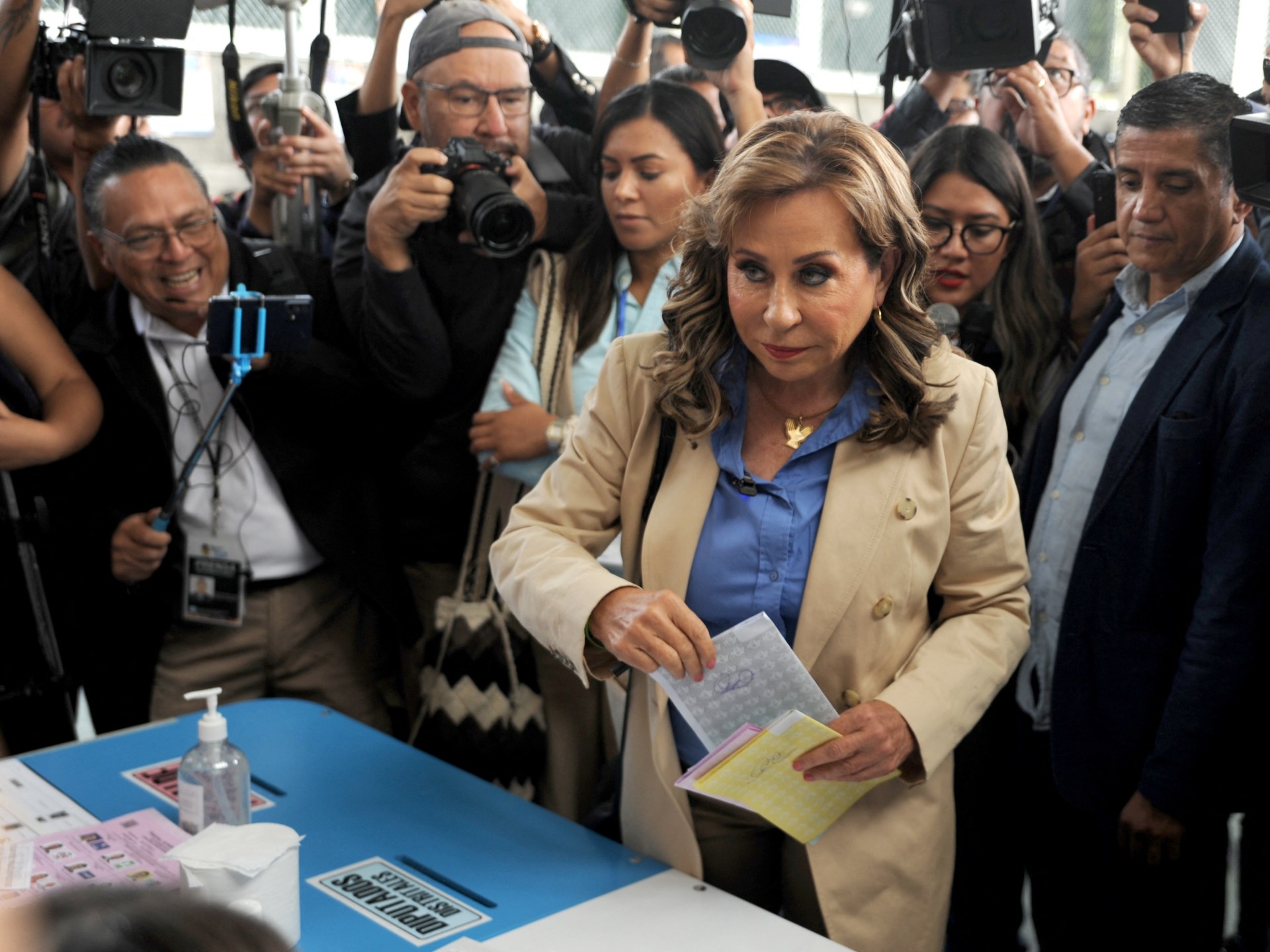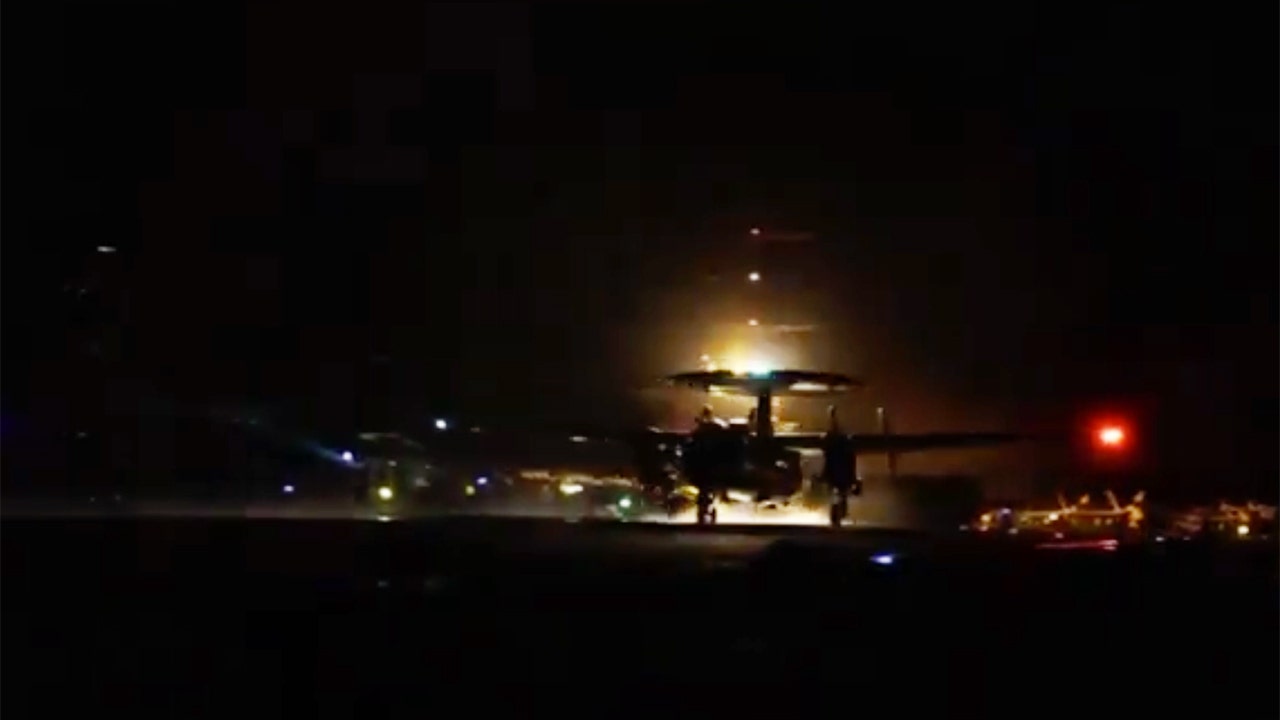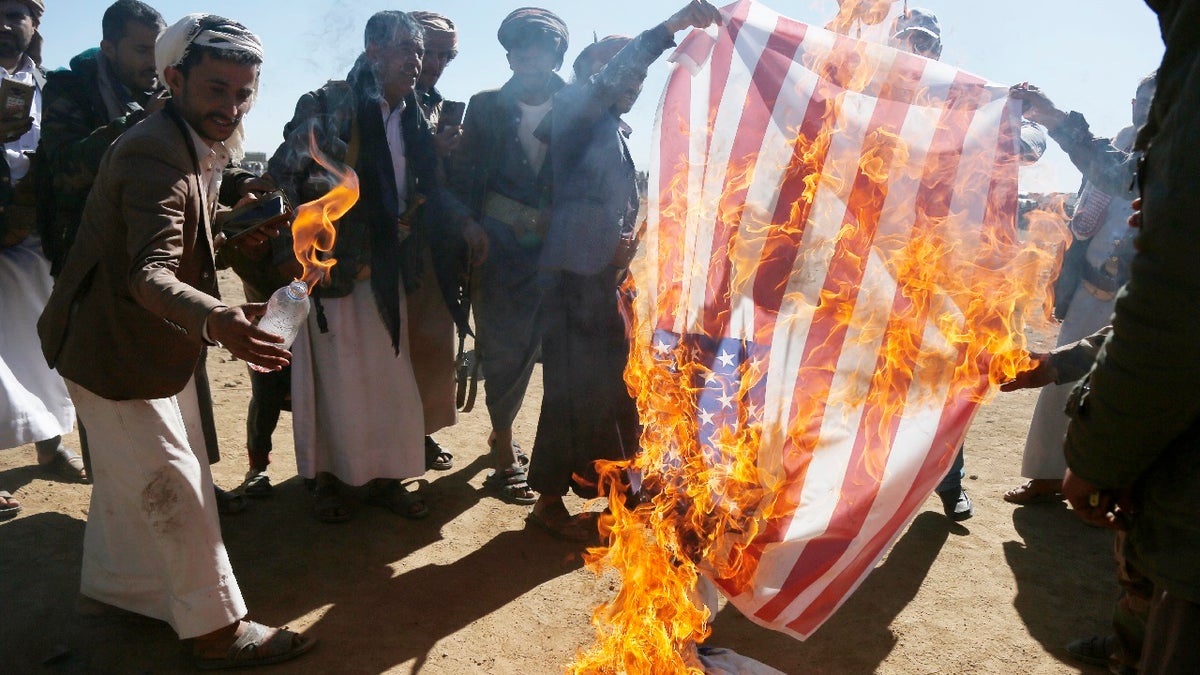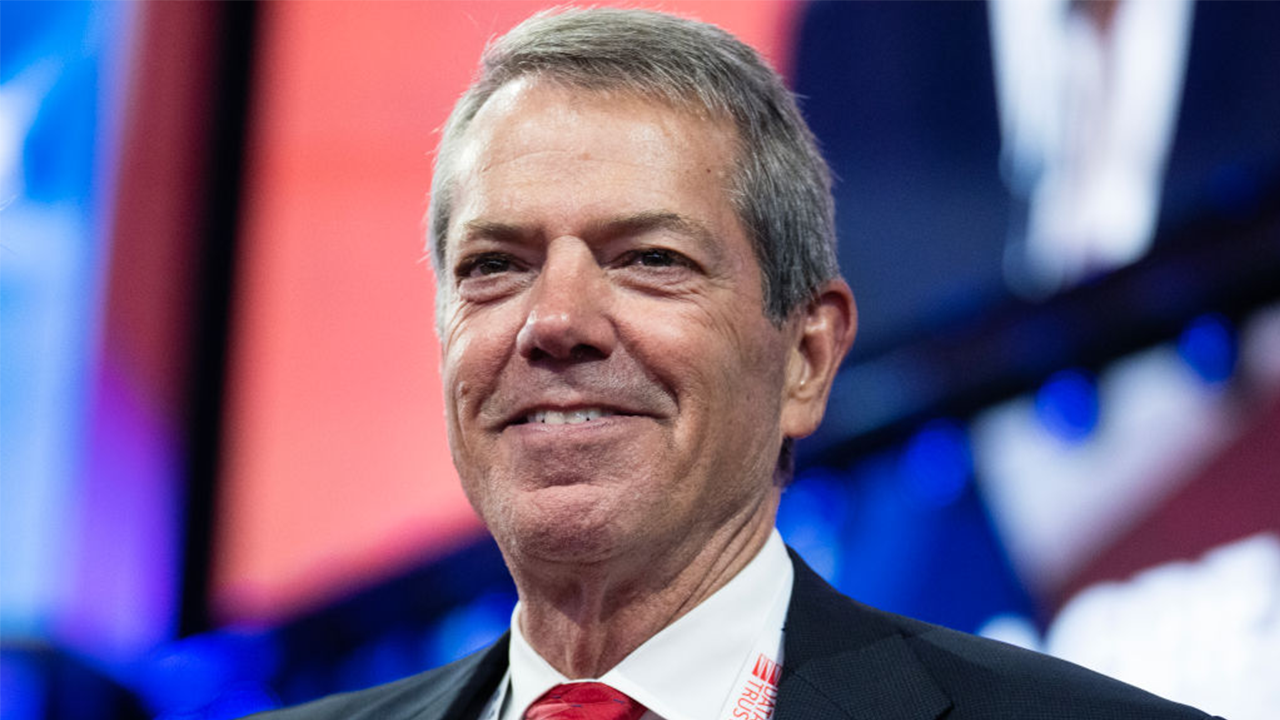World
Guatemalans vote for new president after divisive campaigns

Voters are also choosing a vice president and 160 representatives in the Guatemalan Congress.
Guatemalans have been voting in a hotly contested presidential election dominated by concerns over corruption and the cost of living, with the polls set to result in a second round run-off in August.
Many Guatemalans expressed disappointment with their presidential choices after three opposition candidates were excluded by the authorities. A large number of null ballots were expected, and experts said it could depress turnout.
Former first lady Sandra Torres, from the National Unity of Hope (UNE) party, is tipped to win the first round but is expected to fall short of the 50 percent plus one vote needed for an outright victory in the contest, the fairness of which has come under international scrutiny.
The 67-year-old businesswoman has unsuccessfully sought the presidency twice before. She is allied with the current legislature’s governing Vamos (Let’s Go) party.
Torres finished second in the previous two presidential elections, but she and her party faced accusations of corruption and illegal campaign financing. She has denied the accusations and campaigned on a promise to bolster social programmes to address poverty throughout the country.
She is up against more than 20 other candidates, including Edmond Mulet, a career diplomat, and Zury Rios, daughter of the late dictator Efrain Rios Montt.
Mulet, 72, with the centrist Cabal (Spot On) party, is campaigning on pledges to bolster the economy and invest in healthcare, education, and security.
His campaign has been beset by accusations he was involved in an illegal child adoption operation in the 1980s, when thousands of infants and children were taken from their families and put up for adoption abroad. Mulet has adamantly denied having any part in the scheme.
Rios, 55, whose Valor (Valour) party was also part of the previous governing legislative coalition, was allowed to compete in the elections after the Constitutional Court ruled in May that a rule barring the family members of those who took power in a coup from running for office should not apply to her. She has campaigned on a tough-on-crime agenda.
The race to succeed conservative President Alejandro Giammattei, who is limited by law to one term, has been overshadowed by a court ruling to block four candidates from the ballot including the early frontrunner, businessman Carlos Pineda.
The United States and the European Union criticised the exclusion of Pineda, who called the decision “electoral fraud”.
Approximately 9.2 million Guatemalans are eligible to cast their ballots to elect the country’s next president and vice president, as well as 160 representatives in the Congress.
Hundreds of local positions are also up for grabs, as are 20 seats in the Central American Parliament.
Voting centres, which opened at 7am (13:00 GMT), are scheduled to close at 6pm (00:00 GMT on Monday).

World
US military conducts successful airstrikes on Houthi rebel forces in Yemen

The U.S. military confirmed it conducted airstrikes in Yemen, saying it targeted a missile storage site and a command-and-control center operated by Iran-backed Houthi rebels.
U.S. Central Command (CENTCOM) announced the successful strikes in a release Saturday, saying they were meant to “disrupt and degrade” Houthi operations.
“CENTCOM forces conducted the deliberate strikes to disrupt and degrade Houthi operations, such as attacks against U.S. Navy warships and merchant vessels in the Southern Red Sea, Bab al-Mandeb and Gulf of Aden,” CENTCOM said in a news release.
DISAPPROVAL MOUNTS BOTH AT HOME AND ABROAD AS US AVOIDS DIRECT ACTION AGAINST HOUTHI REBELS
The U.S. military successfully conducted airstrikes in Yemen, saying it targeted a missile storage site and a command-and-control site operated by Iran-backed Houthi rebels. (CENTCOM via X)
Footage from CENTCOM showed F/A-18’s taking off. The agency said it also used assets from the Navy and the Air Force.
US NAVY SHIPS REPEL ATTACK FROM HOUTHIS IN GULF OF ADEN
“The strike reflects CENTCOM’s ongoing commitment to protect U.S. and coalition personnel, regional partners and international shipping,” it said.

Houthi followers burn the Israeli and American flags on the outskirts of Sana’a, Yemen. (Mohammed Hamoud/Getty Images)
The attacks against shipping are ongoing, and Houthi militants have vowed to continue until Israel ends its campaign in Gaza.
The terrorist group has targeted more than 100 merchant vessels since the start of the Israel-Hamas war in October 2023.
World
Fact check: How deadly was 2024 for journalists?

An estimated 104 journalists lost their lives in 2024, with Palestine the most dangerous territory.
An estimated 104 journalists were killed worldwide over the past year, according to data shared earlier this month by the International Federation of Journalists (IFJ).
Another report by NGO Reporters Without Borders (RSF) puts the figure at 54, but its methodology means it only includes killings that are considered “directly related” to journalists’ professional activity.
Both organisations say that Palestine is the deadliest place on earth for journalists. More than half (55) of the 104 killings reported by IFJ were Palestinian media professionals in Gaza, while a further six were killed in Lebanon.
At least 138 journalists have been killed in Gaza since the war between Israel and Hamas broke out on 7 October 2023, making the country one of the “most dangerous in the history of modern journalism, behind Iraq, the Philippines and Mexico,” according to the IFJ.
Reporters without Borders has described the number of killings in Gaza as “an unprecedented bloodbath”.
Israel firmly denies it has intentionally targeted any journalists, but has recognised some that have been killed in its airstrikes on Gaza.
The 104 total killings reported by the IFJ is a slight decrease on the 129 they reported on in 2023, which is considered the bloodiest year for journalists since 1990.
How do other world regions fare?
Asia Pacific is the world’s second most dangerous region for journalists, after the Middle East, according to the IFJ.
It recorded 20 deaths in the region in 2024, of which 70% happened in the southern Asian countries of Pakistan, Bangladesh and India.
The region has seen an “upsurge” in violence, according to the IFJ, with deaths increasing sharply from the 12 recorded in 2023.
Africa was the third most dangerous region for journalists at eight deaths, five of them in war-torn Sudan.
The number of journalists killed in south, central and north America has dropped sharply over the past two years, from 30 in 2022 to six in 2023, and another six in 2024. Mexico, considered to be one of the deadliest places in the world to do journalism, continues to see “threats, intimidation, kidnappings and murders” against journalists, particularly due to reporting on drug trafficking.
Number of journalists behind bars on the rise
According to IFJ estimates on 10 December, there were 520 journalists in prison across the world, considerably more than in 2023 (427) and 2022 (375).
China, including Hong Kong, accounts for most of journalists behind bars, followed by Israel and Myanmar.
The IFJ says the figures show how “fragile” the independent press is and how “risky and dangerous” the profession of journalism has become.
World
Italian state railways plans 1.3 bln euro investment in solar plant

-

 Politics1 week ago
Politics1 week agoCanadian premier threatens to cut off energy imports to US if Trump imposes tariff on country
-
/cdn.vox-cdn.com/uploads/chorus_asset/file/25789444/1258459915.jpg)
/cdn.vox-cdn.com/uploads/chorus_asset/file/25789444/1258459915.jpg) Technology1 week ago
Technology1 week agoOpenAI cofounder Ilya Sutskever says the way AI is built is about to change
-

 Politics1 week ago
Politics1 week agoU.S. Supreme Court will decide if oil industry may sue to block California's zero-emissions goal
-
/cdn.vox-cdn.com/uploads/chorus_asset/file/25546252/STK169_Mark_Zuckerburg_CVIRGINIA_D.jpg)
/cdn.vox-cdn.com/uploads/chorus_asset/file/25546252/STK169_Mark_Zuckerburg_CVIRGINIA_D.jpg) Technology1 week ago
Technology1 week agoMeta asks the US government to block OpenAI’s switch to a for-profit
-

 Business1 week ago
Business1 week agoFreddie Freeman's World Series walk-off grand slam baseball sells at auction for $1.56 million
-
/cdn.vox-cdn.com/uploads/chorus_asset/file/23951353/STK043_VRG_Illo_N_Barclay_3_Meta.jpg)
/cdn.vox-cdn.com/uploads/chorus_asset/file/23951353/STK043_VRG_Illo_N_Barclay_3_Meta.jpg) Technology1 week ago
Technology1 week agoMeta’s Instagram boss: who posted something matters more in the AI age
-
News1 week ago
East’s wintry mix could make travel dicey. And yes, that was a tornado in Calif.
-
/cdn.vox-cdn.com/uploads/chorus_asset/file/24924653/236780_Google_AntiTrust_Trial_Custom_Art_CVirginia__0003_1.png)
/cdn.vox-cdn.com/uploads/chorus_asset/file/24924653/236780_Google_AntiTrust_Trial_Custom_Art_CVirginia__0003_1.png) Technology2 days ago
Technology2 days agoGoogle’s counteroffer to the government trying to break it up is unbundling Android apps





/cdn.vox-cdn.com/uploads/chorus_asset/file/25535557/STK160_X_TWITTER__D.jpg)









